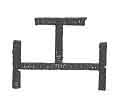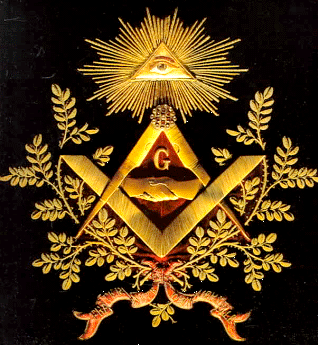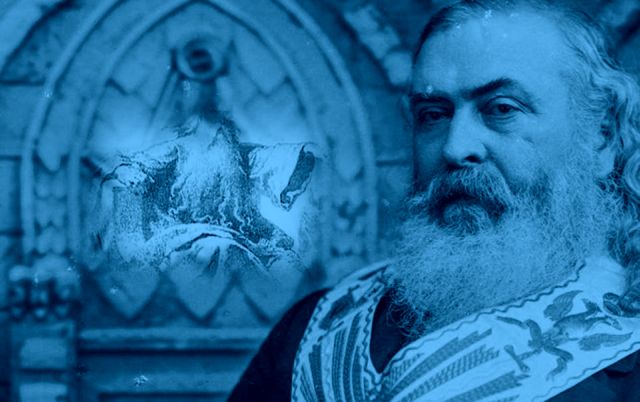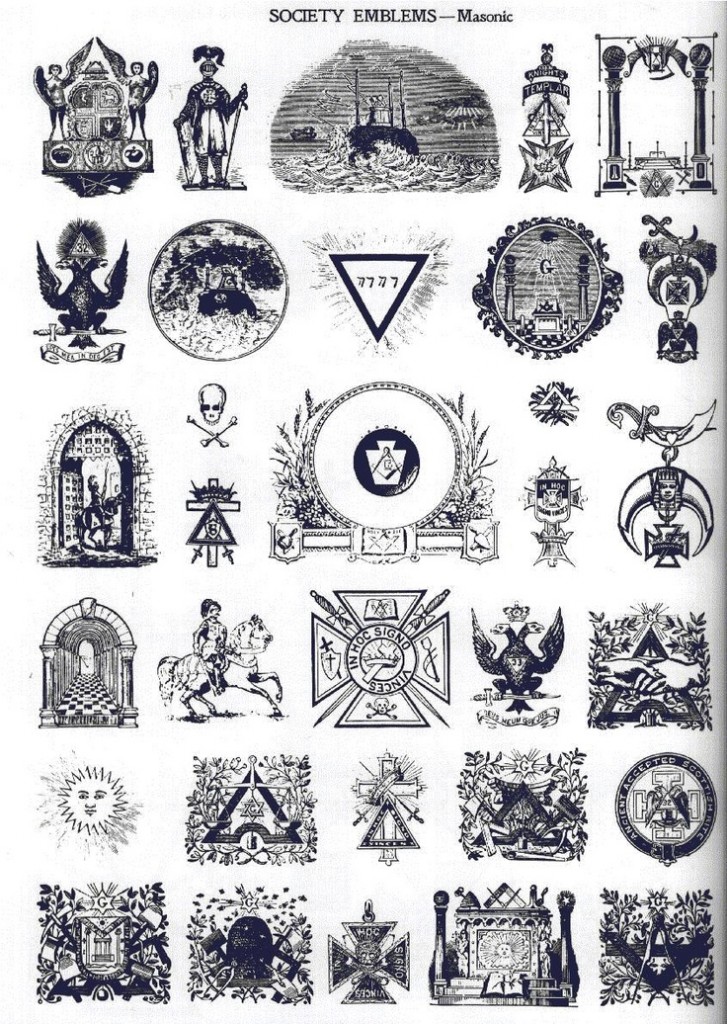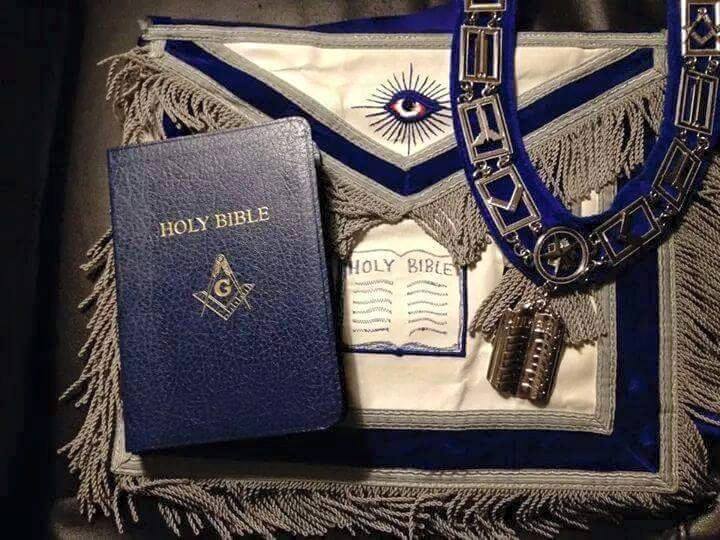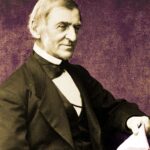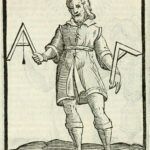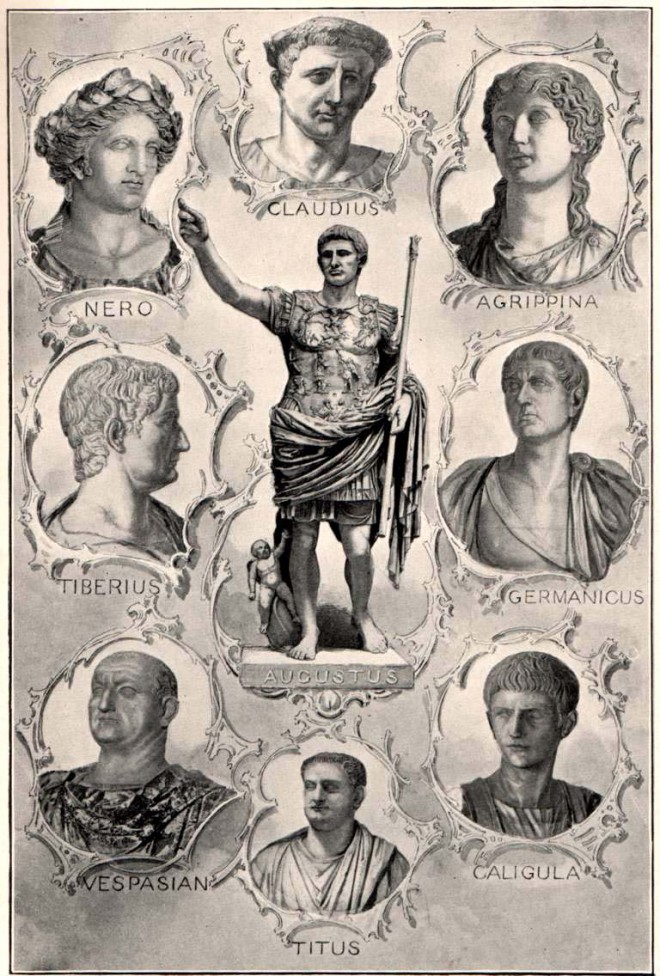But, if there are a few Masons who, from study of kabalistic and other rare works, and coming in personal communication with “Brothers” from the far-away East, have learned something of esoteric Masonry, it is not the case with the hundreds of American Lodges. While engaged on this chapter, we have received most unexpectedly, through the kindness of a friend, a copy of Mr. Yarker’s volume, from which passages are quoted above. It is brimful of learning and, what is more, of knowledge, as it
Page 377
seems to us. It is especially valuable at this moment, since it corroborates, in many particulars, what we have said in this work. Thus, we read in it the following:
“We think we have sufficiently established the fact of the connection of Freemasonry with other speculative rites of antiquity, as well as the antiquity and purity of the old English Templar-Rite of seven degrees, and the spurious derivation of many of the other rites therefrom.”
Such high Masons need not be told, though Craftsmen in general do, that the time has come to remodel Masonry, and restore those ancient landmarks, borrowed from the early sodalities, which the eighteenth century founders of speculative Freemasonry meant to have incorporated in the fraternity. There are no longer any secrets left unpublished; the Order is degenerating into a convenience for selfish men to use, and bad men to debase.
It is but recently that a majority of the Supreme Councils of the Ancient and Accepted Rite assembled at Lausanne, justly revolting against such a blasphemous belief as that in a personal Deity, invested with all human attributes, pronounced the following words: “Freemasonry proclaims, as it has proclaimed from its origin, the existence of a creative principle, under the name of the great Architect of the universe.” Against this, a small minority has protested, urging that “belief in a creative principle is not the belief in God, which Freemasonry requires of every candidate before he can pass its very threshold.”
This confession does not sound like the rejection of a personal God. Could we have had the slightest doubt upon the subject, it would be thoroughly dispelled by the words of General Albert Pike,perhaps the greatest authority of the day, among American Masons, who raises himself most violently against this innovation. We cannot do better than quote his words:
“This Principe Createur is no new phrase — it is but an old term revived. Our adversaries, numerous and formidable, will say, and will have the right to say, that our Principe Createur is identical with the Principe Genateur of the Indians and Egyptians, and may fitly be symbolized as it was symbolized anciently, by the Lingae. . . . To accept this, in lieu of a personal God, is TO ABANDON CHRISTIANITY, and the worship of Jehovah, and return to wallow in the styes of Paganism.”

Moe is the founder of GnosticWarrior.com. He is a father, husband, author, martial arts black belt, and an expert in Gnosticism, the occult, and esotericism.


